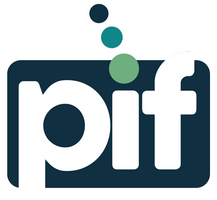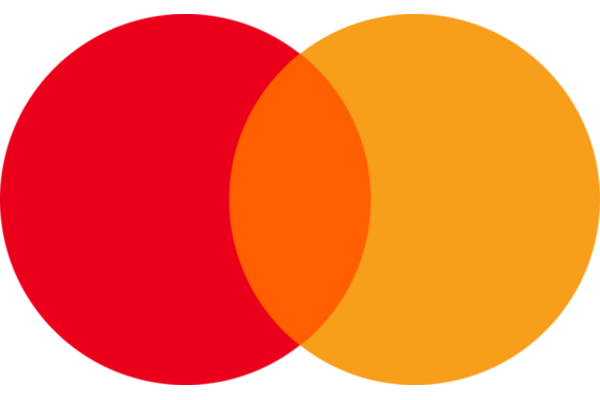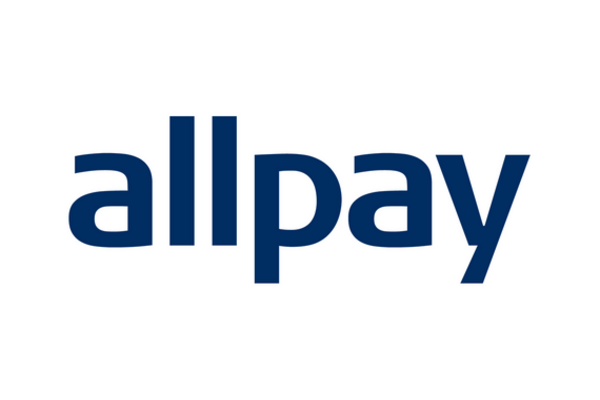A quarter (25%) of consumers concerned about cost-of-living pressure are turning to gift cards to help control spending
October 19th, 2022 - London - Despite governments across Europe implementing measures to mitigate the cost-of-living crisis, consumers are still facing ongoing challenges. For many, this means redirecting limited disposable income into everyday living costs and turning to gift cards as a means of budgeting.
When it comes to current macroeconomic pressures, new research finds the number one concern across Europe is food prices, followed closely by inflation. Additionally, an overwhelming 50% of those surveyed were concerned by fuel and utilities costs.
In light of this, 57% of consumers across Europe were likely to change their shopping habits to meet the rising cost-of-living, with those most likely to change shopping habits in Ireland, Austria, Sweden and Germany. For many, this includes delaying bigger planned purchases to focus on day-to-day spending, with 70% delaying purchasing a home, 67% delaying buying a car, and 61% delaying home improvements or renovations. Interestingly, it was consumers in Switzerland that were least likely to change their shopping behaviour. Similarly, they showed the least concern about the cost-of-living crisis of all European territories.
These findings come from research conducted by Blackhawk Network, in which 15,000 consumers across 14 European countries were surveyed to understand consumer attitudes towards spending and gift card usage.
Consumers are seeking ways to mitigate cost-of-living increases
Concerned by their falling disposable income, consumers are actively trying to make their cash stretch further. This has become evident as consumers shift where they shop, with an increasing number migrating to discount (+18%), pound (+4%), and grocery (+3%) stores compared to last year. At the same time, research reveals consumers are turning away from non essentials, spending significantly less at electronics (-31%) and fashion stores (-37%) and on dining out (-40%).
In a further bid to help manage the cost-of-living, consumers are also leaning into discounts and coupons, with 59% planning to use promotions in the coming months. In response, retailers will find discounts, promotions and loyalty schemes critical in stimulating sales over the coming months.
The rise of gift cards: consumers want to spend, but not directly with cash
Gift cards have a natural home in crisis management as individuals seek savvier ways to spend their money. This is particularly important when consumers are increasingly turning to promotions or discounts to curb their spending.
Homeowners, bill payers and those with dependents are the most impacted by the cost-of-living crisis, with Gen Z and Millennials remaining one of the groups less impacted. Nearly two-thirds of Gen Z and Millennials expect to shop either more than, or the same as, they did before the pandemic in physical fashion stores. A third think they will shop less in-store, in comparison to just 21.3% who think they will shop less online. However, what is interesting is that the areas customers are planning to spend less in are exactly the areas they are hoping to receive gift cards for. Consumers want to continue spending, they are just looking for different ways to fund it.
Over two thirds (67%) of shoppers have also expressed that they would like to receive multi-brand gift cards, which have flexibility and choice over where they are redeemed. For retailers, this will be key to keep in mind as they head into the Christmas period to ensure they are engaging with customers in the ways the consumer wants.
Gift cards can also serve as a means of supporting consumers seeking to make the most of loyalty points or rewards. In fact, 50% of consumers would buy gift cards habitually if rewards or loyalty points were attached to them. Linking gift cards to loyalty points puts cash back in customers’ pockets by rewarding their everyday spend, as they can be redeemed against essential items like groceries and fuel.
Anna Uprichard, Regional Lead, EMEA, Blackhawk “Across Europe, people are tightening their belts due to the rising cost-of-living, but the results from our research show that younger generations still have disposable income to spend. To provide Gen Z with the opportunity to do so, retailers should focus on approaching them through digital channels. But more than that, they need to ensure consumers can easily make purchases. Loyalty programmes put money back in customers’ pockets, while providing the means to accept gifts online as well as in-store will significantly increase retailers’ chances of making sales in the current climate. Retailers need to meet customers where they want and need to be met.”
Methodology
The 2022 EMEA Cost of Living Crisis study was conducted by Leger group in August 2022.
15,000 consumers across Spain, Netherlands, Italy, Belgium, Sweden, Romania, Poland, France, Germany, Austria, Switzerland, Finland, Ireland and the UK.
About Blackhawk Network
Blackhawk Network delivers branded payment solutions through the prepaid products, technologies and network that connect brands and people. We collaborate with our partners to innovate, translating market trends in branded payments to increase reach, loyalty and revenue.
For more information, please visit www.blackhawknetwork.co.uk







